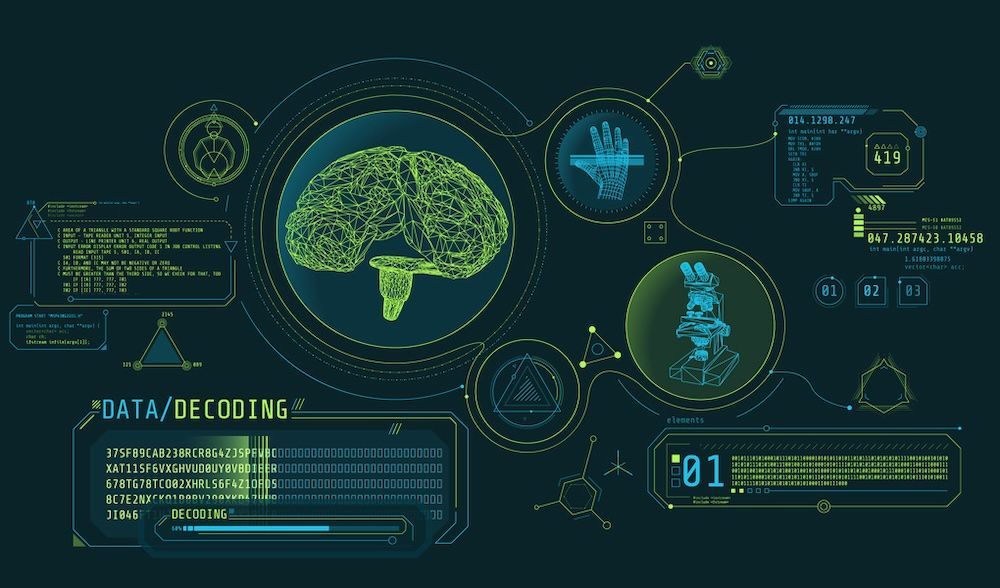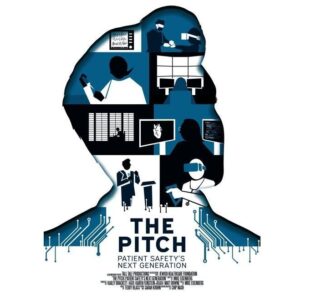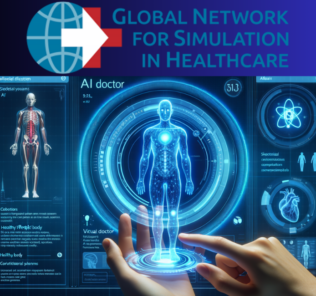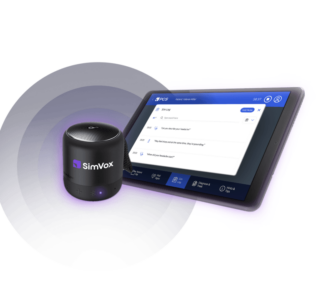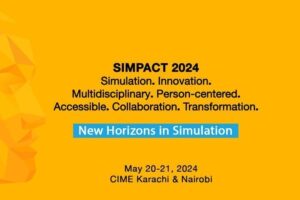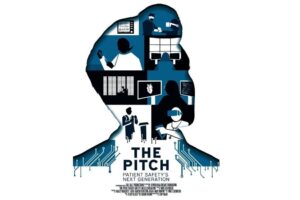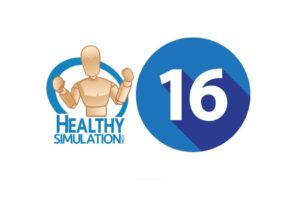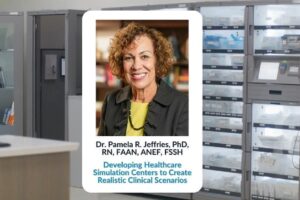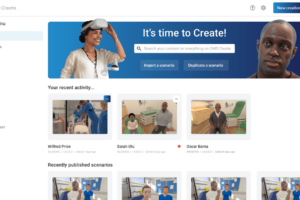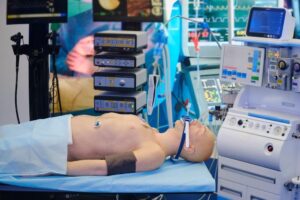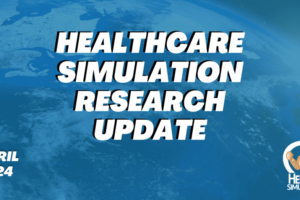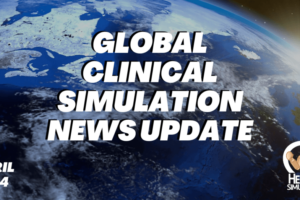Revolutionizing Healthcare Simulation: ChatGPT’s Impact and Implications
The advent of Large Language Models (LLMs), such as ChatGPT, LLama 2, Bard, Aleph Alpha, and Claude, has brought cutting-edge AI tools that have sent ripples of innovation across a multitude of industries, offering newfound potential for transforming traditional practices. One such domain experiencing a significant impact is healthcare simulation education. This advanced and easily accessible AI tool has the potential to revolutionize the way healthcare simulations are designed and utilized, providing both opportunities and challenges. This HealthySimulation.com article by Melissa Tulley, MSN, RN, CHSE, will explore AI-generated simulation to analyze the strengths and weaknesses of LLMs in the context of healthcare simulation. Additionally, guidance on how to leverage LLMs as a valuable simulation resource while addressing concerns related to accuracy, relevance, and structural aspects will be discussed.
LLMs in Healthcare Simulation: A New Frontier
Healthcare simulation has long been an invaluable tool for training healthcare professionals. It enables learners to practice in a risk-free environment, honing their skills and decision-making abilities. LLMs enter this arena as a promising ally, capable of generating a wide range of healthcare simulation scenarios swiftly and cost-effectively. The interactions between the learner and model become unique and adaptive to the exchange. Also, LLMs generate from inputs and changes faster. LLMs can generate diverse and realistic healthcare simulation scenarios based on the information and parameters provided to them. This is a significant advantage because it allows educators to create scenarios quickly and tailored to specific learning objectives and learner levels without the need for extensive manual scenario development.
Sponsored Content:
View the HealthySimulation.com LEARN CE/CME Platform Webinar Using AI, Augmented Reality & Mixed Reality to Enhance Clinical Training Experiences to learn more!
Strengths of LLMs in Healthcare Simulation
LLMs can quickly generate a myriad of scenarios, accommodating the high demand for diverse simulation cases in healthcare education. Its adaptability allows users to specify the nature of cases, addressing particular learning objectives and skill development needs. LLMs can suggest unique and creative scenarios, potentially enriching the repertoire of simulation experiences. The program is freely available, making it accessible to educational institutions, healthcare professionals, and learners worldwide.
Sponsored Content:
LLMs are adaptive in their interactions with learners. They can respond to learner actions and decisions in real-time, adjusting the scenario dynamically. This adaptability creates a more engaging and immersive learning experience, making the simulations feel uniquely tailored to each learner’s needs and actions. Variation of content is easier.
LLMs can provide a wide variety of patient cases, clinical challenges, and medical contexts, ensuring that learners encounter a diverse range of scenarios that reflect the complexity of real healthcare settings. This diversity is crucial for building a comprehensive skill set and updating content rapidly. In the ever-evolving field of healthcare, staying current with best practices and emerging treatments is crucial. LLMs enable rapid scenario updates, incorporating the latest medical guidelines, research findings, and technological advancements into the simulations.
Using LLMs helps one instructor do the work faster and easier. Creating physical simulators and organizing traditional high-fidelity simulations can be expensive and resource-intensive. LLM-based simulations offer a cost-effective alternative, reducing the financial and logistical barriers to high-quality healthcare training. LLMs provide consistent learning experiences. The simulation scenarios and interactions remain uniform regardless of the time, location, or number of learners. This ensures that all learners receive the same high-quality training. LLM-based simulations are highly scalable. They can be used for individual, group, or even remote training, making them accessible to a broader audience of healthcare professionals.
Weaknesses of LLMs in Healthcare Simulation
There are serious problems with accuracy. LLMs’s responses may lack medical precision, potentially leading to the dissemination of incorrect information. The AI may produce scenarios that are overly biased for real-world healthcare settings. Simulation cases may lack well-defined structure and progression, potentially hindering the development of critical thinking skills. Also, some errors, such as hallucinations and inappropriate content, are entirely unexplainable. LLMs’s ability to rapidly generate scenarios can be seen in a simulation where a virtual patient presents with a rare combination of symptoms, challenging healthcare professionals to diagnose and treat the condition effectively. The AI’s capacity for creativity introduces novel challenges and encourages critical thinking. On the flip side, an AI-generated simulation might include unrealistic scenarios with overly complex situations, deviating from the practical demands of healthcare education. This can overwhelm learners and lead to a disconnect from real-world scenarios.
Guidelines for Using LLMs in Healthcare Simulation
Regularly review and verify AI-generated scenarios for medical accuracy and relevance. Ensure the information aligns with current healthcare practices and guidelines. Use LLMs as a tool for inspiration rather than relying solely on its output. Customize and refine scenarios to suit the educational objectives and learner proficiency levels. Develop a clear scenario structure, including progression, debriefing points, and expected learning outcomes. This helps ensure that the simulation aligns with educational goals. Engage healthcare educators and professionals in the development and review process to enhance the quality and accuracy of AI-generated scenarios – testing and tweaking prompts for different outputs. Determine the length of the prompt. Build in a quality assurance aspect with medical experts reviewing for accuracy.
The integration of LLMs into healthcare simulation offers a remarkable opportunity to enrich and expand the range of educational experiences. However, it comes with accuracy, relevance, and structural challenges. By critically evaluating and customizing AI-generated scenarios, healthcare educators can harness the potential of LLMs while maintaining the integrity and effectiveness of simulation-based education. The journey towards harnessing the potential of AI in healthcare simulation is still unfolding, and with careful guidance, it holds the promise of further advancing the capabilities of healthcare professionals and students worldwide.
Learn More About to ChatGPT or Not in Nursing Simulation.
References:
- OpenAI. (2023). ChatGPT (Sept 25, 2023 version) [ChatGPT]. https://chat.openai.com
- Demers, T. (2023, May 1). ChatGPT Fails: 13 Common Errors and Mistakes You Need to Know.
Melissa Jo Tully, BSN, MHPE, RN-BC, is a highly accomplished healthcare professional passionate about education and patient safety. With a Master’s degree in Health Professional Education from the College of Medicine at Vanderbilt University, Melissa has honed her expertise in developing innovative programs to enhance healthcare performance and quality. As an experienced nurse, Melissa followed her passion for lifelong learning by exploring nursing specialties through her early nursing career as a float nurse, including working in critical care, emergency room, labor and delivery, and hospice. Melissa brings a wealth of knowledge and experience to her role. Since 2009, she has been dedicated to simulation-based education programs, both brick-and-mortar and virtual. Driven by a deep-rooted desire to enhance patient safety and quality of care, Melissa continuously seeks opportunities to push the boundaries of simulation-based education. Through her expertise and leadership, she inspires and empowers healthcare professionals to strive for continuous improvement and positively impact patients’ lives. Melissa Tully is a trailblazer in healthcare simulation education, and her dedication to advancing the field is evident in her contributions and achievements.
Sponsored Content:



